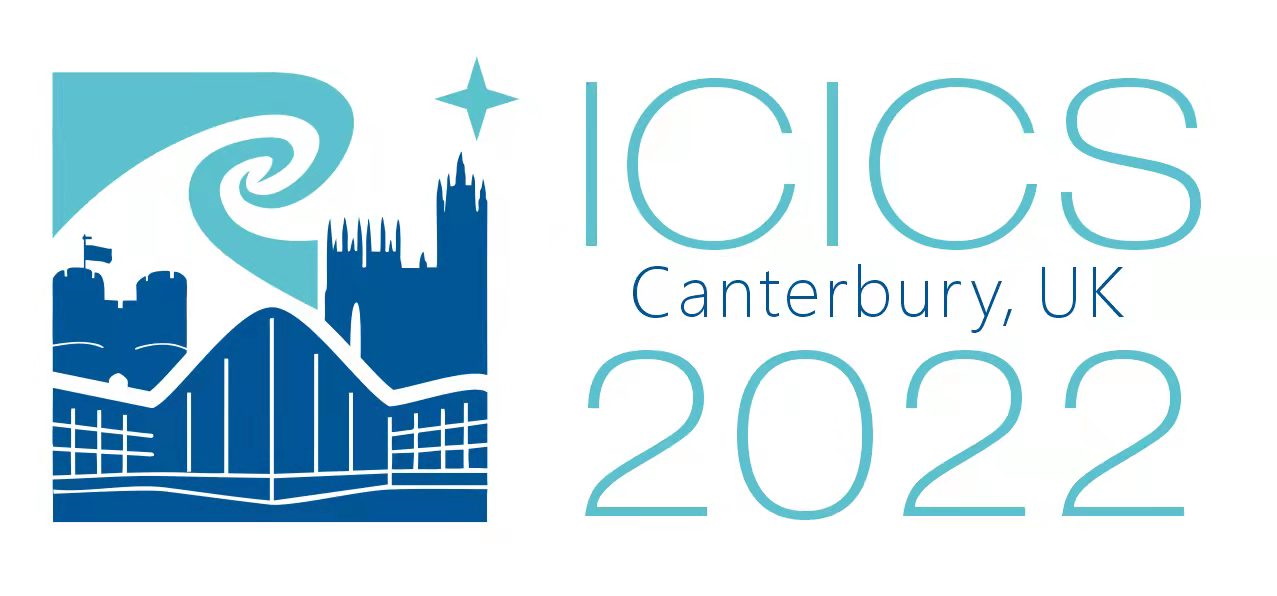Call for Papers
Authors are invited to submit original papers not previously published nor submitted in parallel for publication to any other conference, workshop or journal. All submitted papers must be anonymous, with no author names, affiliations, acknowledgements, or obvious references, for double blind reviews.
Accepted papers will be presented at ICICS 2022 and included in the conference's proceeding published by Springer in its Lecture Notes in Computer Science (LNCS) series. Please note that at least one author of each accepted paper should register with full rate to the conference and give a presentation at the conference. Failure to register or absence from the presentation will eventually make your paper NOT being included in the conference proceedings.
Submissions should be in English, as a PDF file with all fonts embedded, in the Springer LNCS format (details can be found at: http://www.springer.com/computer/lncs?SGWID=0-164-6-793341-0), typeset with 10pt font, and using reasonable spacing and margins. Papers should not exceed 16 pages in LNCS style including the bibliography, but excluding well-marked appendices (no more than 18 pages in total). Note that papers should be intelligible without all appendices, since committee members are not required to read them. Submitted papers may risk being rejected directly without consideration of their merits if they do not follow all the above submission instructions.
Awards
| The TPC will select one paper to receive a Best Paper Award, and another paper whose first co-author is a student to receive a Best Student Paper Award. Recepients of both awards will receive a certificate from the Conference and a cash award sponsored by Springer. | |
| The TPC will also select a paper to receive a Best Presentation Award, and another one to receive a Best Artifact Award. To be eligible for the Best Artifact Award, the authors must submit a dataset, an executable software tool and/or source code of their work. Recepients of both awards will receive a certificate from the Conference and a cash award sponsored by the Institute of Cyber Security for Society (iCSS), University of Kent. |  |
Update on 8th September 2022: The winenrs of the Best Paper Award, Best Student Paper Award, Best Presentation Award and Best Artifact Award have been announced on this page.
How to Submit
Submissions and reviews will be organized on the EasyChair platform and the link for submission is https://easychair.org/conferences/?conf=icics2022.
Topics of Interest
Topics of particular interest include, but are not limited to:
- Access control and authorization
- AI-based security and privacy
- Anonymity
- Applied cryptography
- Threat scenarios, attack models and security analysis
- Attestation
- Authentication
- Biometrics security and privacy
- Blockchain and cryptocurrencies
- Cloud computing and virtualization security
- Cybercrime and online harms
- Cyber deception and fraud
- Cyber incident response and recovery
- Critical infrastructure protection
- Cyber physical systems security
- Cyber resilience
- Cyber security education, games and awareness
- Cyber threat intelligence
- Data security and privacy
- Digital forensics
- Digital rights management
- Digital watermarking
- Distributed systems security
- Economics of security and privacy
- Edge and fog computing security
- Embedded systems security
- Emergency response and recovery
- Hardware security
- Identity management
- Information security management
- Internet censorship and defence
- Intrusion detection and prevention
- Malware and unwanted software
- Misinformation, disinformation and fake news
- Mobile security and privacy
- Online safety and child protection
- Online social media security, privacy and trust
- Operating systems security
- Network security
- Privacy enhancing technologies and mechanisms
- Security of communication protocols
- Secure information flow
- Security and privacy for (Industrial) Internet of Things
- Security and privacy of AI (e.g., adversarial machine learning and federated learning)
- Security and privacy metrics and policies
- Security operations and incident management
- Security visualization
- Secure systems design and architectures
- Side channel attacks
- Software and application security
- Steganography and steganalysis
- Trusted computing
- Trust management and reputation
- Usable security and privacy
- Web security and privacy





